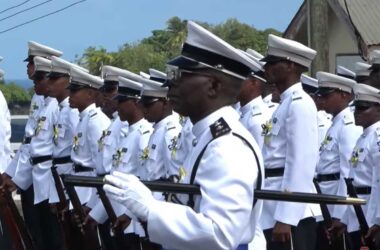Officials from the Caribbean Community (CARICOM) and the Dominican Republic met in Saint Lucia this week for the 3rd Annual Meeting of States of the ‘Caribbean Firearms Roadmap’.
The meeting which commenced yesterday brought national officials together as well as Ministers of Security and other high-level representatives from the Caribbean region and the international community to discuss ongoing efforts to combat the illicit proliferation and misuse of firearms and ammunition.
The meeting (which will continue today) was organized by the CARICOM Implementation Agency for Crime and Security (IMPACS) and the United Nations Regional Centre for Peace, Disarmament and Development in Latin America and the Caribbean (UNLIREC) in collaboration with the Government of Saint Lucia.
“The trafficking and misuse of illicit firearms and ammunition continue to result in high homicide and crime rates in many Caribbean States, negatively impacting human and public security. They also greatly affect socioeconomic development across the region, including the public health implications of gun deaths and injuries and the impact of crime on business development and investment. To address those challenges, in 2020, all 15 CARICOM States and the Dominican Republic adopted the Caribbean Firearms Roadmap, formally known as ‘Roadmap for Implementing The Caribbean Priority Actions on the Illicit Proliferation of Firearms and Ammunition across the Caribbean in a Sustainable Manner by 2030’, with the vision of creating a safer Caribbean region,” a press release from the Government of Saint Lucia – reads in part.
Since then, the Roadmap has served as a guiding document to achieve “commonly agreed goals and actions” including strengthening regulatory frameworks on firearms and ammunition, reducing the illicit flow of firearms into, within and beyond the region, and strengthening law enforcement capacity to combat illicit firearms trafficking. To achieve these goals, States are developing National Action Plans.
For the past few years, States together with partners and donors from the international community, have gathered in virtual formats to discuss the Roadmap’s implementation.
This year for the first time ever they met in-person to take stock and renew their commitment to the full and effective implementation of the Roadmap’s goals.
According to the press release, the first day of the meeting was dedicated to the Roadmap’s operational aspects “including the importance of evidence-based policy making based on data collection efforts and a robust monitoring and evaluation framework.”
Participants also shared “best practices and lessons learned from national flagship initiatives to address armed violence across the region. Various stakeholders, including the co-custodians of the Roadmap, CARICOM IMPACS and UNLIREC, as well as implementing partners such as the Organization of American States (OAS), International Criminal Police Organization (INTERPOL), the United Nations Development Programme (UNDP), the United Nations Office on Drugs and Crime (UNODC), the Small Arms Survey (SAS) and the World Customs Organization (WCO) also (made) interventions.”
Ministers and officials from CARICOM States, the Dominican Republic and the international community gather in a high-level plenary on day two of the Conference, with a view to taking stock of the significant progress and important achievements made under the Roadmap to date, “while examining ways to achieve further progress to overcome existing implementing gaps in order to further strengthen the security of the Caribbean region and its communities.”
Expected to participate is Izumi Nakamitsu, United Nations Under-Secretary-General and High Representative for Disarmament Affairs, as well as Ministers from several CARICOM States. It is anticipated that the meeting will conclude with the adoption of a joint statement. The meeting is funded with the generous support of the Government of Canada.



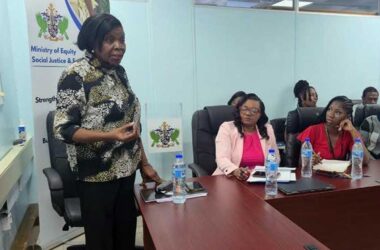

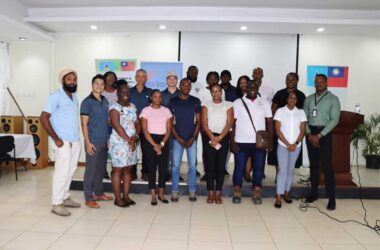
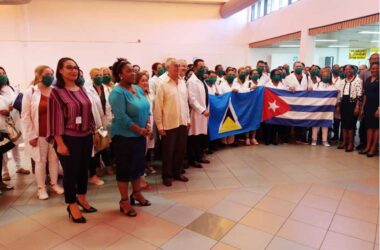
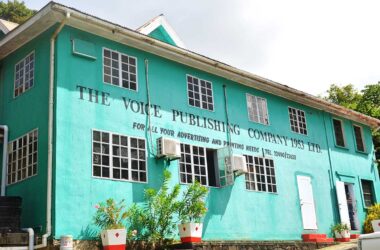
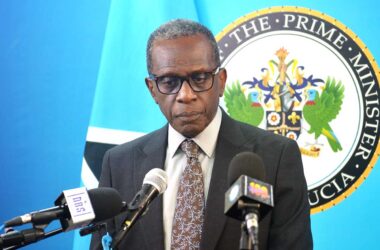

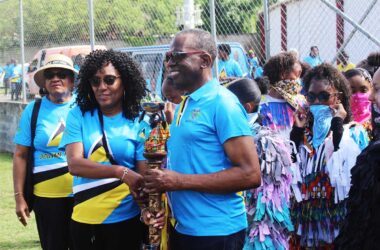
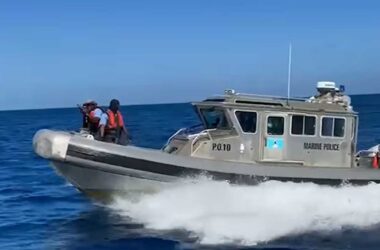
![Amy Stephen [Photo credit: Community Tourism Agency]](https://thevoiceslu.com/wp-content/uploads/2026/01/Amy-Stephen-feat-380x250.jpg)
